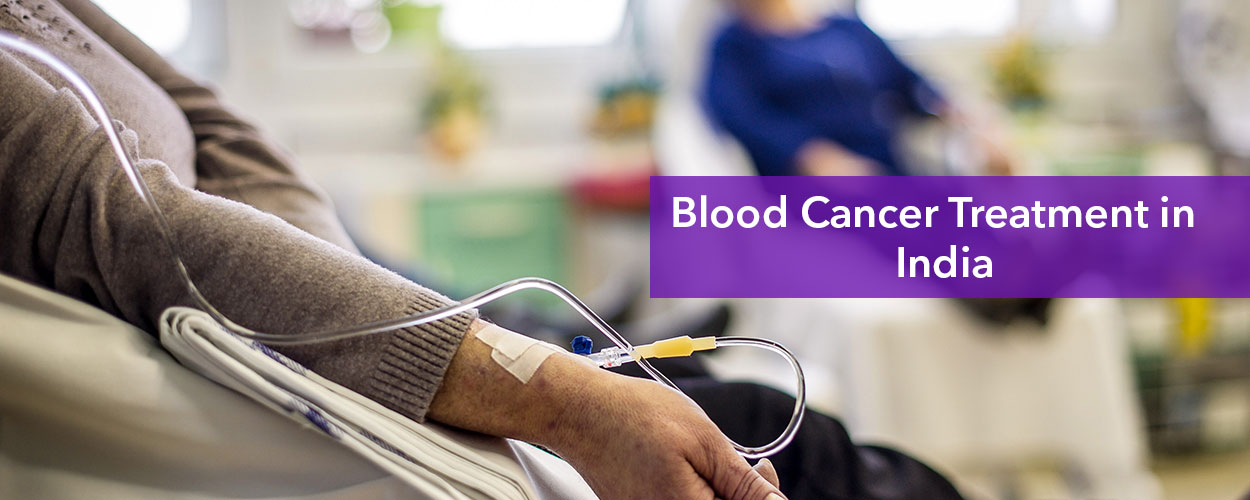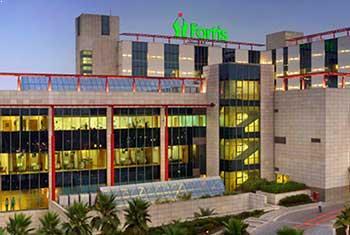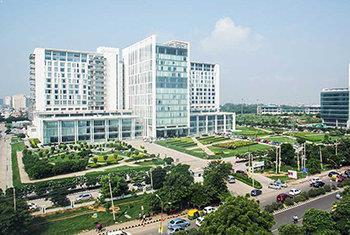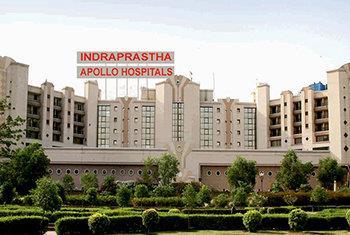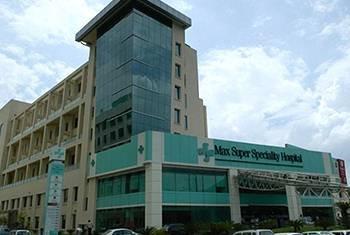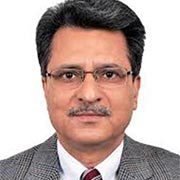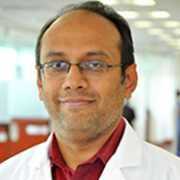Blood Cancer Treatment in India
The private healthcare sector in India is at its peak of success. Presently, the country has established a vast network of hospitals that boast an unfaltering infrastructure, the most advanced medical technologies, a pool of experienced doctors, and accreditations from some of the most prestigious names in the industry. With such medical advancements and immediate resources, effective blood cancer treatment in India is no longer a dream.
Every year, the country welcomes a huge influx of international patients seeking quick, quality, and affordable treatment in India. Depending on the patient’s condition and the diagnosis by the doctor, a patient can undergo one of the following blood cancer treatments in India.
1. Chemotherapy
Chemotherapy is not an alien concept anymore. In fact, the majority of people feel that chemotherapy is the only possible treatment for any cancer. While that may not be entirely true, chemotherapy is indeed the go-to treatment option in treating cancer. Chemotherapy requires the introduction of an anti-cancer drug into the patient’s body. It can be done intravenously or orally. The anti-cancer drug targets the cancer cells and halts their growth.
- Average duration: 4-5 months
- Cost: 1,200 – 3,000 USD/cycle
- Common risks: Fatigue, Nausea, Hair loss
2. Radiation therapy
Radiation therapy may or may not be combined with chemotherapy. It uses streams of high energy to kill the cancerous cells. The energy can be supplied through an external machine or an internal solid or liquid source. The external radiation therapy targets specific areas and doesn’t affect the other organs. On the other hand, internal radiation therapy damages the DNA of the cancer cells and may target normal and functional cells. Therefore, the blood count of patients undergoing the latter is continuously monitored, and they may even require regular blood transfusions.
- Average duration: 2 to 5 months
- Cost: 5000 – 30,000 USD
- Common risks: Fatigue, Nausea, Hair loss
3. Target therapy
As the name suggests, this type of therapy is designed to target cancer cells. This means that the healthy and functional cells are not affected during the procedure. Malignant cells express unique surface as well as intrinsic proteins, also known as antigens. Scientists and researchers have developed antibodies and small drug molecules specific to these antibodies. As soon as these antibodies recognize their target antigens, they trigger an immune response, block the signaling pathways, and stimulate the formation of other inhibitory proteins. All these events lead to the death of the cancer cell, which is referred to as necrosis.
- Average duration: 2 to 5 months
- Average Cost: 25,000 USD
- Common risks: Diarrhea, Liver problems, Blood clotting, High Blood pressure, etc.
4. Bone marrow transplant
A bone marrow transplant is performed to replace diseased and non-functional parts of the bone marrow with new and healthy stem cells. Bone marrow transplant in India can be of two types:
| Autologous BMT | Allogenic BMT |
| The donor and recipient of stem cells is the same individual | The donor and recipient of stem cells are two different people. They may be related or unrelated. |
| Minimal to no chances of immune rejection | There is a significant chance of immune rejection |
| Risk of developing cancer after BMT is high | Risk of developing cancer after BMT is low |
| Some stem cells can be cancerous | All stem cells will be cancer free |
| No need for immunosuppression | Requires immunosuppression |
| Time for engraftment is 7-10 days | Time for engraftment is 2-4 weeks |
- Average duration: 2 to 5 months
- Average Cost: 15,000 – 22,000 USD
- Common risks: Immune-rejection, Graft-vs-host-disease
5. Immunotherapy
Our immune system is a complex interaction of proteins and cells. Immunotherapy undertakes the task of activating the immune system so that the basic course of action can take place. Currently, blood cancer hospitals in India offer the following categories:
- Cytokine therapy – Promote the formation of interferons and interleukin by the WBC’s that cause cell impairment and death.
- Gene-therapy- It involves the transmission of a genetically manipulated viral vector into the DNA of the cancer cell. These block the normal cell functions, eventually causing cell death.
- Immunomodulators – These specialized substances orchestrate the interaction between different cells to initiate the necessary immune response.
- Average duration: 2 to 5 months
- Common risks: Fatigue, Nausea, Weight-loss, Decreased appetite, etc.
